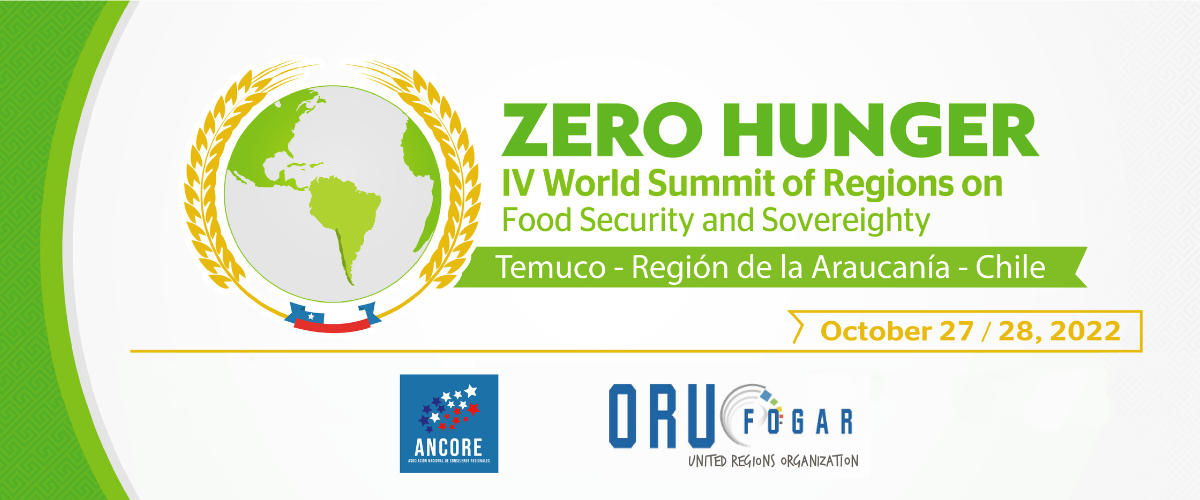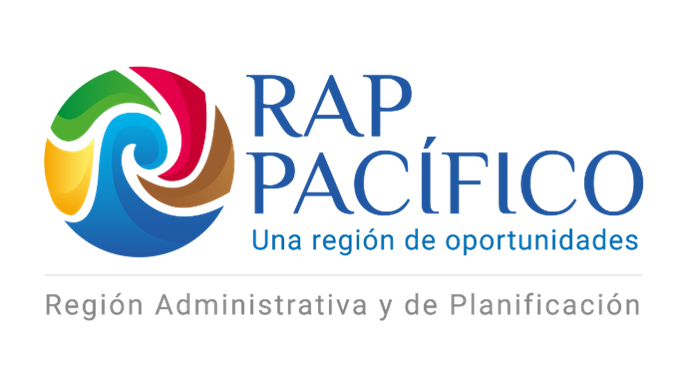On the battlefront against malnutrition and anemia

Gabriel Ferrero, president of the World Food Committee (CSA), which is considered the world parliament of the FAO, made a statement at the IV Summit of Regions on Food Security and Sovereignty in Temuco that places very well where we are on this issue: “People's right to adequate food is in danger. Zero Hunger as an objective is further away than it was five years ago, due to a food system that has favoured unhealthy diets. To achieve the objective, public policies that protect food systems with territorial criteria will be required”.
The first workshop of the Summit was entitled "Combating Chronic Child Malnutrition and anemia malnutrition." By putting it in the first place, the relevance that was wanted to be given to the issue of malnutrition of millions of children around the world was already indicated, as well as the challenge that it meant for regional governments to face this problem. Already at the inauguration, the host of the event, Marcelo Carrasco, however, came to point out that malnutrition was not exclusive to children. The president of ANCORE affirmed that, in areas of poverty, in Chile itself, there were situations of malnutrition among the elderly. An observation that, during the inaugural conference, Ornella Tiboni, specialist consultant in Food Systems of the FAO, confirmed that it is becoming a serious problem.
It was not the only surprising information in these first spaces of the Summit. The first speaker of the workshop dedicated to malnutrition was the Venezuelan Governor of the State of Cojedes, Alberto Galindez. Aligned with the opposition to Chavismo and Nicolás Maduro, he spoke out against all kinds of sanctions against Venezuela. "Sanctions have been shown - he said - are not useful to promote political change. And what they achieve is to plunge our people into poverty and our children into malnutrition. We have resources to get ahead. We have good land, we have water and we have an agricultural culture. We can stand up to this challenge.” Consistent with this approach, the governor defended the return of Venezuela to the Andean Community.
Chronic Child Malnutrition, however, was not only not avoided, but was tackled head-on. It was reported that today there are 155 million children who, due to malnutrition, suffer from stunted growth. A further 52 million are sickly thin, 17 million of whom are extremely thin. It was also noted that 45% of child deaths (less than 5 years old) are due to malnutrition. And it was explained that the first 1000 days of life are fundamental. If they do not receive enough nutrients during this period, the damage can become irreversible and chronic.
The president of Dagana, Ababakar Ndao, gave testimony of the fight against child hunger in his department. He stated that, in recent decades, Senegal has been continuously reducing malnutrition and anemia rates. He explained that, by 2030, the goal was to reduce stunting due to malnutrition to 10% and anemia to below 25%. "Today -he said- our problem is no longer the amount of food available, but the quality". He explained that to combat the problem, at the country level, the Cells to Fight Malnutrition had been created. These had to implement the nutritional reinforcement plans, which the Senegalese departments had to program, implement and evaluate.
Malnutrition and anemia in children are not only present, however, in Africa. Nohemí Aguilar, deputy governor of the Amazonian region of San Martín, representing the regional governments of Peru, gave testimony of the fight against this phenomenon in the Andean zone. She showed the paradox that, being San Martín the main agricultural area of the country, its children suffer from malnutrition and anemia. Thus, she referred to two regional ordinances from 2014 and 2017 that establish this fight as a priority. During these years, this prioritization has gone through involving and expanding the entire hospital network in the region, improving water quality and its control and, finally, articulating various measures that increase the competitiveness of the value chain of food produced in the territory. All this has made San Martín a benchmark in the fight against anemia.
During the Summit, two speakers, José Lluís Jiménez and Martín Guillermo, pointed out the convenience of looking back as a way to solve the problem. The first, manager of the Mancomunidad of the Andes, stated “in the time of our grandparents, in the Andes, there was no anemia or obesity. Organic agriculture? It is the agriculture of a lifetime. The solution, then, must come from restoring ancestral ways”. The general secretary of the Association of European Border Regions, with extensive experience of having worked on other continents, ratified the idea: “Today innovation involves going back to the origins and returning to the food of our ancestors. The innovation is in asking the grandparents”.







































































